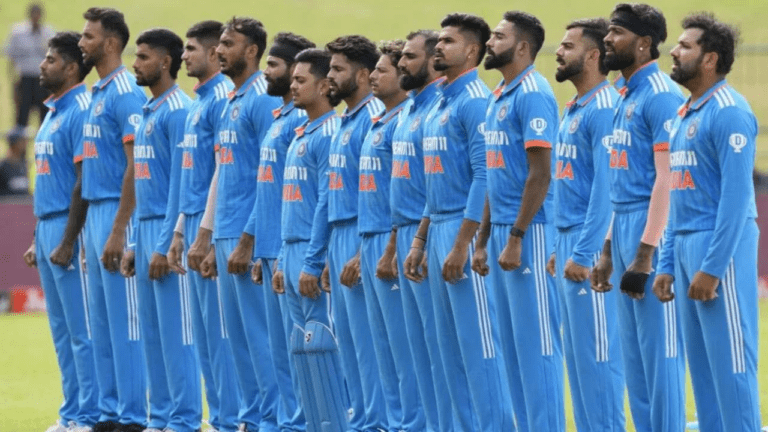The Role of Match Analysts in IPL Teams: Data-Driven Decision Making
Laserbook, Playinexch: Match analysts play a crucial role in the world of the Indian Premier League (IPL) as they are responsible for dissecting and analyzing various aspects of the game. From studying player performances and tactics to providing insights on opponents’ strengths and weaknesses, their input significantly impacts the team’s strategy and decision-making during matches.
By meticulously examining data, match analysts help teams make informed decisions on everything from team selection to in-game tactics. Their ability to identify patterns and trends provides valuable insights that contribute to the team’s overall performance and success on the field. In a high-pressure and competitive environment like the IPL, having skilled match analysts onboard can often be the difference between victory and defeat for teams.
Key Responsibilities of Match Analysts in IPL Teams
Match analysts in IPL teams play a critical role in providing valuable insights and data-driven strategies to enhance team performance. Their primary responsibility is to meticulously analyze the playing styles, strengths, and weaknesses of both their own team and their opponents, enabling the coaching staff and players to make informed decisions.
Moreover, match analysts are tasked with monitoring trends, tracking player performances, and identifying key performance indicators that can influence match outcomes. By closely studying past matches and employing advanced statistical models, they are able to uncover patterns and tendencies that can be leveraged to gain a competitive edge during games.
What is the role of a match analyst in an IPL team?
A match analyst in an IPL team is responsible for providing valuable insights and data analysis to help the team strategize and make informed decisions during matches.
How does a match analyst contribute to the team’s performance?
By analyzing opposition players, match conditions, and historical data, a match analyst helps the team identify strengths and weaknesses, develop game plans, and make tactical adjustments during matches.
What kind of data do match analysts typically analyze?
Match analysts analyze various types of data, including player statistics, team performance metrics, match footage, opposition analysis, and other relevant information to help the team prepare effectively.
How do match analysts work with coaches and players in IPL teams?
Match analysts collaborate closely with coaches and players to provide insights, feedback, and recommendations based on their analysis. They often participate in team meetings, training sessions, and match preparations to support the team’s overall strategy.
What qualifications and skills are required to become a match analyst in an IPL team?
A match analyst typically needs a strong background in sports analytics, data analysis, and cricket knowledge. Excellent communication skills, attention to detail, and the ability to work under pressure are also essential for this role.







